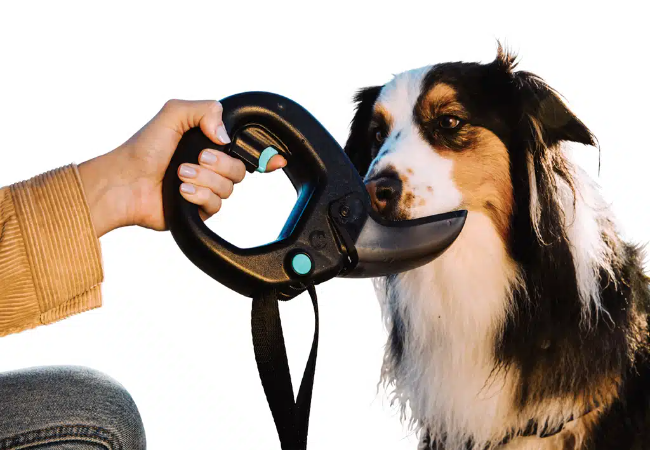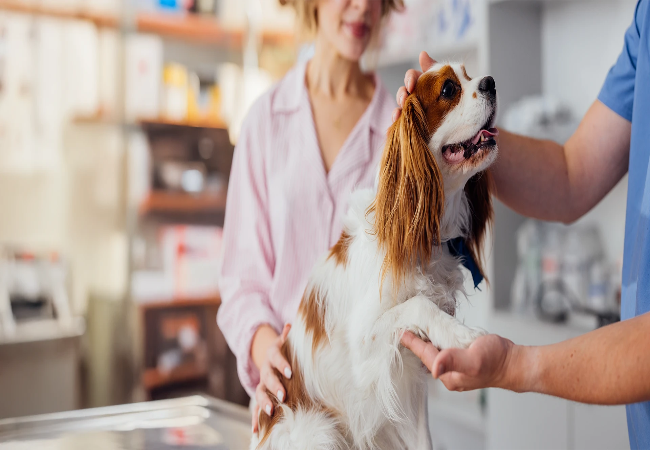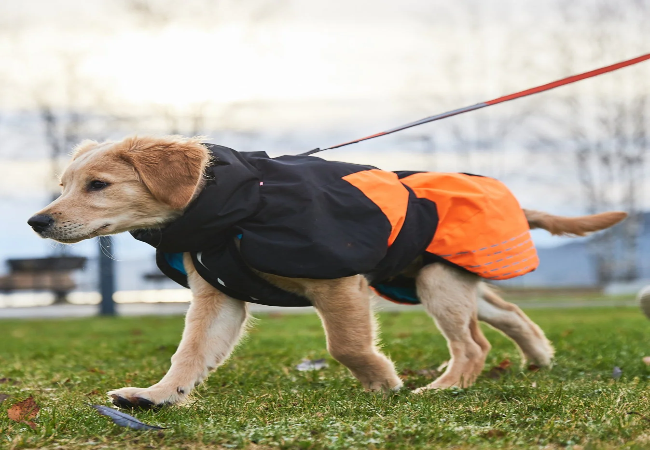Dog Gas 2025: Vet-Approved Causes, Breeds & Solutions 🐶💨

In this article
Dog Gas 2025: Vet-Approved Causes, Breeds & Solutions 🐶💨
By Dr. Duncan Houston BVSc
Just like humans, dogs can experience flatulence—the release of gas from the digestive system. Occasional gas is perfectly normal, but excessive flatulence can be a sign of underlying issues or lifestyle factors that need attention. Understanding the causes and knowing how to help your dog can improve both their comfort and your household’s air quality!
Common Causes of Excessive Flatulence
-
Diet
Your dog’s diet is one of the most common contributors to excessive gas. Feeding low-quality food, foods high in fermentable ingredients like beans, peas, or soy, or making sudden diet changes can lead to digestive upset and increased gas production. -
Eating Habits
Dogs that eat too quickly may swallow a lot of air, which can accumulate in the stomach and intestines. Deep-chested breeds or dogs fed from elevated bowls are particularly prone to this. Slow-feed bowls or puzzle feeders can help reduce air intake. -
Food Intolerances or Allergies
Some dogs have difficulty digesting certain ingredients, which can cause gas as their gastrointestinal system struggles to process the food. Common culprits include dairy, wheat, or certain proteins. -
Gastrointestinal Issues
Conditions like inflammatory bowel disease, intestinal parasites, or bacterial imbalances can disrupt digestion and cause flatulence. If gas is persistent or accompanied by diarrhea, vomiting, or weight loss, a vet visit is essential. -
Inadequate Exercise
Physical activity helps keep a dog’s digestive system moving efficiently. Lack of exercise can slow digestion, contributing to gas buildup. Regular walks and playtime can improve gut motility and overall digestion.
Why Brachycephalic Breeds Are More Prone to Flatulence
Brachycephalic dogs—those with shortened, “pushed-in” faces such as Pugs, Bulldogs, and French Bulldogs—are particularly susceptible to excessive gas. Here’s why:
-
Anatomical Differences
Their facial structure often includes narrower nostrils and elongated soft palates, which can obstruct airflow. This leads to more frequent mouth breathing, swallowing excess air, and eventually increased gas in the digestive tract. -
Air Swallowing (Aerophagia)
Brachycephalic dogs are more likely to swallow air when eating or drinking due to their facial structure. This trapped air can lead to bloating and flatulence. -
Digestive Inefficiency
Some brachycephalic dogs have sensitive stomachs or food intolerances, which can disturb the gut microbiome and cause excessive gas. -
Obesity
These breeds are prone to gaining excess weight, which can put pressure on the digestive system and contribute to flatulence. -
Respiratory Challenges
Breathing difficulties caused by their facial structure can reduce oxygen intake and affect digestion, leading to more gas production.
How to Reduce Flatulence in Dogs
Diet Adjustments
-
Feed high-quality, easily digestible dog food with minimal fillers.
-
Consider smaller, more frequent meals instead of one or two large meals per day.
-
Introduce dietary changes gradually to avoid upsetting your dog’s gut.
Eating Habits
-
Use slow-feed bowls or puzzle feeders to prevent gulping.
-
Monitor your dog while eating to reduce air swallowing.
Exercise
-
Ensure your dog gets regular walks and playtime to stimulate healthy digestion.
-
Incorporate gentle post-meal walks to help move food through the digestive tract.
Veterinary Guidance
-
If your dog’s flatulence is persistent, severe, or accompanied by other symptoms, consult your veterinarian.
-
Your vet may recommend specific diets, probiotics, or tests to rule out gastrointestinal issues.
Special Considerations for Brachycephalic Dogs
-
Feed smaller portions more frequently.
-
Choose a diet formulated for sensitive stomachs or brachycephalic breeds.
-
Encourage light exercise and monitor weight to avoid obesity.
-
Schedule regular vet checkups to monitor digestion and respiratory health.
Key Takeaways
Excessive flatulence in dogs can be caused by diet, eating habits, gastrointestinal issues, and breed-specific factors. While occasional gas is normal, persistent or severe flatulence may indicate an underlying problem. By making dietary adjustments, encouraging proper eating habits, and ensuring regular exercise, you can significantly reduce gas and improve your dog’s digestive comfort.
For brachycephalic breeds, extra care with diet, portion control, and monitoring is essential due to their unique anatomy and digestive sensitivities. Always consult your veterinarian if you have concerns—they can help tailor solutions for your dog’s specific needs.
✅ Tip: Introducing probiotics or digestive supplements recommended by your vet can help support gut health and reduce gas.



